Famous educational institutions of the world. most prestigious universities.
Lovers of the academic lifestyle certainly have one common feature: All of them would like to have the opportunity to study at one of the famous universities. However, only elites have access to them, for which well-known publications constantly rank educational establishments to bring out the very best of the very best. You may also be interested in our list of the 10 most prestigious universities in the world.
✰ ✰ ✰
10Columbia University
The famous Columbia University, which is located in New York, is one of the eight American universities that are members of the Ivy League. This is a very old and prestigious educational institution, founded in 1754 by the English King George II with the name King's College. The university is one of the 14 founding members of the Association of American Universities and is the first university in the US to offer an MD degree. 20 contemporary billionaires, 29 foreign heads of state, and 100 Nobel Prize winners have been students at Columbia University.
✰ ✰ ✰
9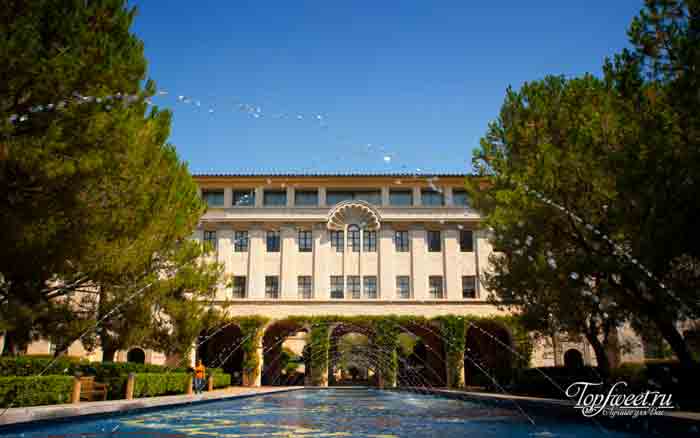
The California Institute of Technology is a private institution located in Pasadena, California, USA. With a strong focus on scholarship, the university has attracted renowned scholars such as George Ellery Hale, Arthur Amos Noyes and Robert Andrews Milliken to teach. Caltech University, one of the few in the United States, is mainly focused on teaching engineering and the exact sciences. Although this is a small institution, 33 of its graduates and teachers deservedly received 34 Nobel Prizes, 5 Fields Prizes and 6 Turing Prizes.
✰ ✰ ✰
8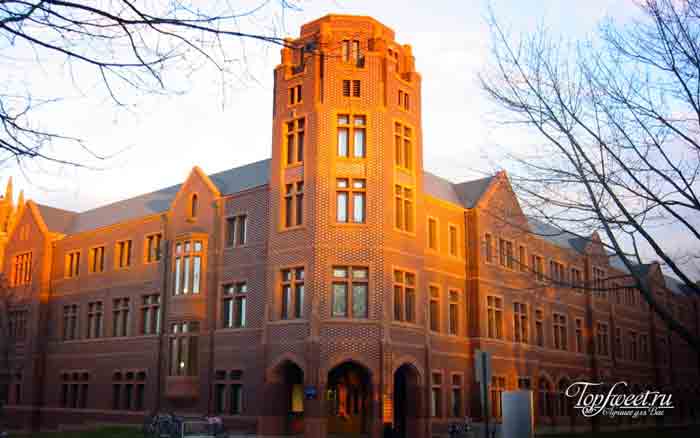
Yale University is a member of the American Ivy League. Located in Connecticut, USA. The famous Yale was founded in 1701 and is the third oldest institution of higher education in the United States. Its original purpose was to teach theology and ancient languages, but since 1777, the school's curriculum began to include the humanities and natural sciences. Five US Presidents and other famous politicians such as Hillary Clinton and John Kerry. studied at Yale University. 52 of its graduates are Nobel laureates.
✰ ✰ ✰
7Princeton University
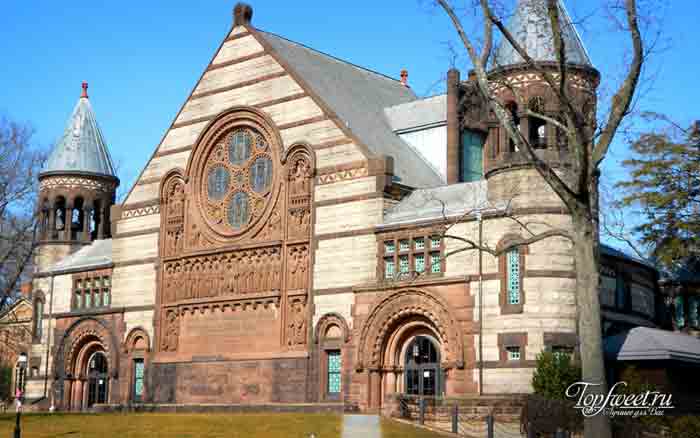
Princeton University is also in the Ivy League. Located in Princeton, New Jersey, USA. Princeton was founded in 1746, moved to Newark in 1747, and then moved to its current location in 1896, where it received modern name— Princeton University. It is the alma mater of two US presidents, as well as numerous billionaires and foreign heads of state. Princeton is rightly considered one of the best universities in the world.
✰ ✰ ✰
6UC Berkeley
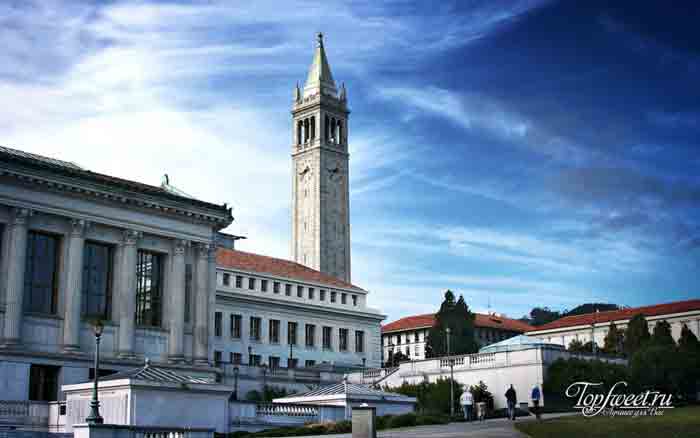
It is one of the few public schools in the US with such a prestigious reputation. It was named one of the top six university brands for 2015. The World Academic Ranking of World Universities ranked UC Berkeley 4th in the world among all universities and first among public universities. Berkeley faculty, alumni, and researchers have received 72 Nobel Prizes, 13 Fields Prizes, 22 Turing Prizes, 45 MacArthur Fellowships, 20 Oscars, 14 Pulitzer Prizes, and 105 Olympic gold medals.
"Study, study and study again!". Education, of course, is a very good thing, and, most importantly, very necessary, especially if your goal is to achieve career heights. Caring parents from a very young age begin to think about educational institutions for their children. Education is exactly the thing for which they never feel sorry for money. Parents are trying to choose the best - the best kindergarten, the best school, and then the best institution of higher education. Those who have the opportunity send their children abroad to receive a European or American diploma. Among the universities of the world there are legends. These are the universities in whose walls prominent political figures, scientific geniuses or people of art were educated. Agree, the phrase "graduate of Harvard or Cambridge" speaks for itself. It is these two legendary universities, together with Yale, that make up the top three most prestigious universities in the world.
The rating was prepared by the no less legendary British newspaper The Times. Results can be trusted because they are based on opinion scientific community, employers and citations of scientific works of university staff. For those who really have a real opportunity to study abroad, it will be useful to know what other universities are in the top ten.
1. Harvard University (USA)
The undisputed leader - four times in a row was named the best university in the world. Harvard - oldest university United States, founded in 1636. This is the "alma mater" for many prominent American politicians: Franklin Roosevelt, John F. Kennedy, Henry Kissinger, and, of course, Barack Obama. Harvard also holds the record for the most billionaire alumni. Among them: Michael Bloomberg, Sumner Redstone, David Rockefeller.
2. Yale University (USA)
Yale is an elite US university, part of the so-called Ivy League. In 1832, the most mysterious student organization, Skull and Bones, appeared within its walls. Her activities are shrouded in mystery. This organization is said to be the one that actually runs America. The fact is that, since 1989, all US presidents are Yale graduates.
3. Cambridge University (UK)
One of the oldest universities in the world. It was founded in 1209. 83 Cambridge graduates have become Nobel laureates. Today, this is the largest figure among universities in the world.
4. Oxford University (UK)
This institution of higher education in Great Britain was founded in 1117. A whole galaxy of outstanding figures of science, literature, and art graduated from Oxford: Roger Bacon, Oscar Wilde, Jonathan Swift, Adam Smith, J. R. R. Tolkien, Margaret Thatcher.
5. Caltech
The California Institute of Technology, or Caltech for short, is one of the leading universities in the United States and the world in the field of exact sciences and engineering. The base university for NASA: the first American satellite and a series of space probes were created here. Studying here is very difficult, but interesting. Students have their own unusual traditions. For example, "Day of truancy". On this day, the fourth years leave, leaving complicated gadgets and puzzles at their door. They are intended for junior students who unite in teams and together try to solve the tasks assigned to them. If they show ingenuity and can solve the puzzle, they will receive a reward - they will get into the rooms of the elders.
6. Imperial College London (UK)
Leading institution of higher education in the field of natural sciences and engineering. The college has produced 14 Nobel laureates. Two medical schools operate on its basis, whose specialists have made a great contribution to the development of modern medicine. So, college graduate Sir Alexander Fleming became famous as the inventor of penicillin. And, for example, in 2006, researchers at the Imperial College, together with scientists from the Universities of Cambridge and Cologne, developed a test that helps to identify schizophrenia at an early stage.
7. University College London (UK)
Britain's first secular university. The college accepted all comers into its walls, regardless of their class, race or religion. The main thing is the desire for knowledge. Since 1878, women could study here. Today holds the championship in the number of women professors. In 1893, the first student union in Great Britain was opened here.
8. University of Chicago (USA)
One of the leading universities in the world, founded by Rockefeller in 1890. He became famous for research in the field of economics and social political science. Close to Cambridge in terms of the number of Nobel laureates among its graduates - 79 scientists have been awarded this prize. Among them, Milton Friedman is the founder of the theory of monetarism. Current US President Barack Obama has taught here constitutional law, and his wife Michelle was the assistant dean for student affairs.
9. Massachusetts Institute of Technology (USA)
This largest center training of leading specialists in the field of computer technology and innovation. The university conducts the most advanced research in the field of artificial intelligence. So, in 2006, the Massachusetts Institute of Technology, together with Nokia, announced the development of a phone with enhanced computing capabilities that would work using voice commands.
10 Columbia University
The oldest American university, along with Yale, is part of the Ivy League. Columbia University is the forge of the US political elite. His students were the first US Treasury Secretary Alexander Hamilton, US Presidents Theodore Roosevelt and Dwight Eisenhower. It is fair to say that here, first of all, not theoretical scientists are trained, but people of action. However, this did not prevent the university from educating 54 Nobel laureates within its walls. In addition, it was here that the first ever experiment on the splitting of the uranium atom was carried out.
Cambridge university
Opens the list of the best universities in the world Cambridge. The University of Cambridge was founded in 1209 and is the fourth oldest university in the world. The University of Cambridge is located in the UK, the city of Cambridge. The average tuition fee at this university is $20,000. About 17 thousand students study at the university, 5 thousand of which receive a second education. More than 15% of students at the University of Cambridge are foreigners.
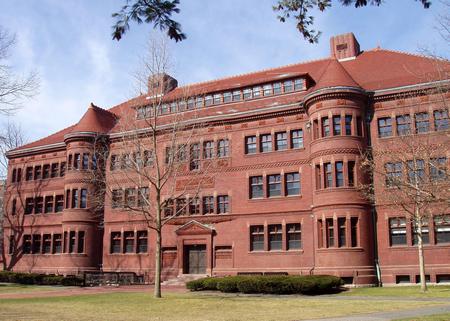
The second place in the ranking of the best universities in the world is Harvard. Harvard University was founded in 1636 and is considered the most famous university in the United States. More than 6.7 thousand students, 15 thousand graduate students study there, and 2.1 thousand teachers work there. Graduates of this university were eight US presidents (John Adams, John Quincy Adams, Rutherford Hayes, Theodore Roosevelt, Franklin Roosevelt, John F. Kennedy, George W. Bush, Barack Obama), as well as 49 Nobel Prize winners and 36 Pulitzer Prize winners. Tuition at Harvard University is $40,000.
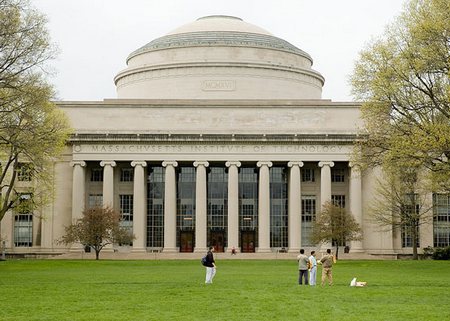
The Massachusetts Institute of Technology is considered one of the most prestigious educational institutions in the world. An MIT record is that 77 members of the MIT community are Nobel Prize winners. The average cost of education, including accommodation, is 55 thousand dollars. More than 4,000 students and 6,000 graduate students, as well as about a thousand teachers, study at MIT.
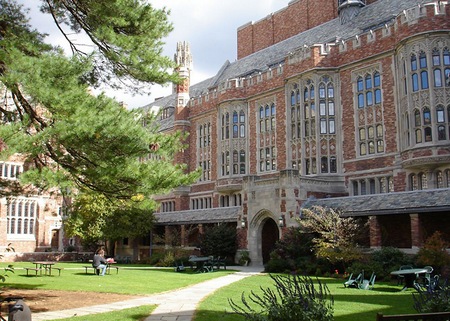
The fourth place among the best universities in the world is occupied by Yale University. It is one of the most prestigious private universities in the world. Tuition costs an average of 37 thousand dollars. Yale University is located in the United States, Connecticut. Students from 110 countries study at the university, and more than 11 thousand people receive education every year. Five former US presidents have studied at this university, as well as many politicians, businessmen and scientists.
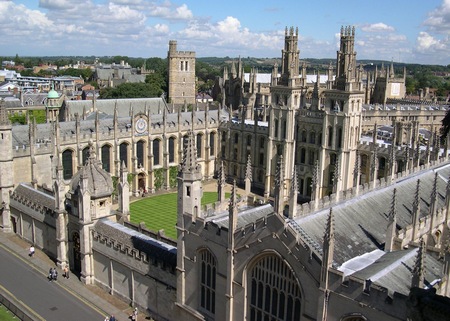
Most of you have probably heard of Oxford University. Oxford is one of the most famous and oldest universities in the world. More than 20 thousand students study in it, 25% of which are foreigners. There are also over 4,000 teachers in Oxford. Studying at this university will cost you an average of 10 to 25 thousand dollars, depending on the chosen specialty. Oxford also has over 100 libraries and more than 300 different student interest groups.
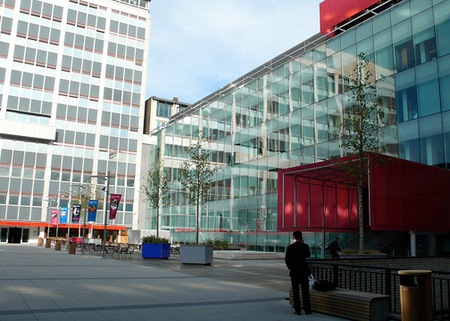
Imperial College London was founded in 1907 by Prince Albert. The college is located in the heart of London. About 8 thousand employees work in it, 1400 of them are teachers. 14.5 thousand students study at the Imperial College, and the average cost of education, depending on the specialty, is 25-45 thousand dollars, the medical specialty is considered the most expensive there. This college has graduated from 14 Nobel laureates.
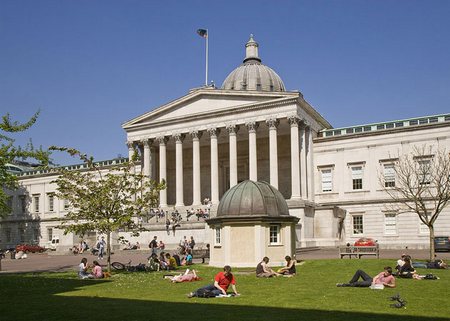
University College London was founded in 1826. On this moment the college ranks third in terms of the number of foreign students studying there, and the first in the number of female professors. In total, more than 22 thousand students study at the college, of which almost half receive a second higher education, and 8 thousand foreign students. The average cost of education is from 18 to 25 thousand dollars. This college has graduated from 26 Nobel laureates.
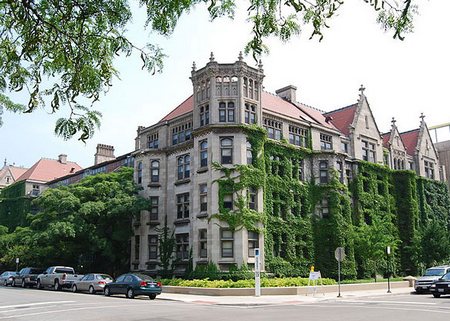
The University of Chicago was founded in 1890 with donations from John D. Rockefeller. More than 2 thousand teachers work at the university, 10 thousand graduate students and 4.6 thousand students study. The university also has a library, the construction of which was spent 81 million dollars. The average cost of education is 40-45 thousand dollars. This university includes 79 Nobel laureates.
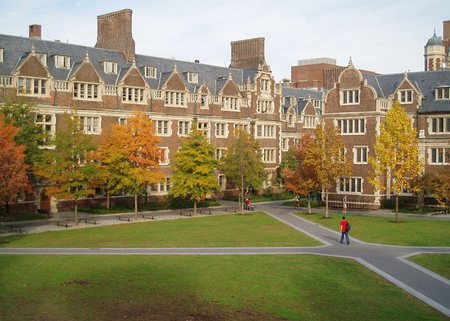
The University of Pennsylvania was founded in 1740 as a charitable school, became a college in 1755, and already in 1779 was the first college to be given the status of a university. In 1973, over 52 thousand students studied at the university. At the moment, more than 19 thousand students study at the university, and more than 3.5 thousand professors teach. The average cost of studying at the University of Pennsylvania is $40,000.
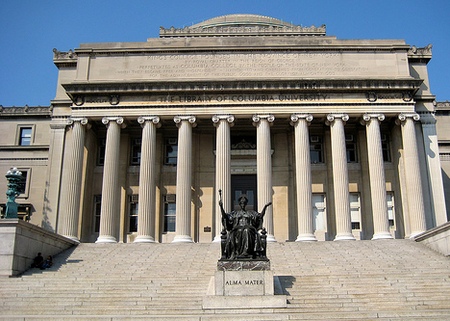
The Columbia University closes our top ranking of the best universities in the world. it is located in the city of New York, where it covers an area of 13 hectares. Columbia University was founded in 1754. Graduated from this university famous people, among which: 4 US presidents, nine judges Supreme Court, 97 Nobel laureates and 26 heads of other states, including the current President of Georgia Mikheil Saakashvili. More than 20 thousand students study at the university, half of which are girls. The average cost of education is 40-44 thousand dollars.
Top Universities peace videos
Ranking of the best universities in the world ( THE World University Rankings is a global study and the accompanying ranking of the best higher education institutions of world importance. Calculated according to the methodology of the British publication Times Higher Education (THE) with the participation of the information group Thomson Reuters. Considered one of the most influential global university rankings. The rating was developed in 2010 by Times Higher Education together with Thomson Reuters as part of the Global Institutional Profiles Project and replaced popular rating World University Rankings, which has been published since 2004 by Times Higher Education in collaboration with Quacquarelli Symonds. In turn, since 2010, Quacquarelli Symonds has been releasing a ranking of the best universities in the world called QS World University Rankings, which is also considered one of the leaders in this area.
The level of achievement of universities is assessed based on the results of a combination of statistical analysis of their activities, audited data, as well as the results of an annual global expert survey of representatives of the international academic community and employers who express their opinions about universities. Surveys cover tens of thousands of scientists from most countries of the world. The criteria for selecting experts for the survey are scientometric analysis of productivity and citation, as well as teaching and research activities in higher educational institutions for more than 16 years, the presence of at least 50 published scientific papers, and other criteria. In the course of surveys, experts choose from six thousand institutions only the best, in their opinion, higher educational institutions, as well as the strongest universities for continuing education at the master's and doctoral levels. The data of the global survey form the basis of the sub-ranking of the scientific reputation of the world universities (THE World Reputation Rankings), which is published as a separate publication within the project.
The analysis of the activities of higher educational institutions consists of 13 indicators. The main evaluation criteria are international student and teaching mobility, the number of international scholarship programs, the level of scientific research, contribution to innovation, the citation of scientific articles, the level of educational services, and so on. All scores are normalized to the maximum and reduced to a 100-point scale. Below are the quantitative and qualitative indicators by which the performance of universities is assessed.
| Index | Weight |
|---|---|
| The academic reputation of the university, including scientific activities and the quality of education (data from a global expert survey of representatives of the international academic community). | 15,0% |
| The scientific reputation of the university in certain areas (data from a global expert survey of representatives of the international academic community). | 19,5% |
| General citation of scientific publications, normalized for different areas of research (analysis data of 12 thousand scientific journals over a five-year period). | 32,5% |
| The ratio of published scientific articles to the number of teaching staff (data from the analysis of 12,000 scientific journals over a five-year period). | 4,5% |
| The volume of research funding of the university in relation to the number of faculty (the indicator is normalized by purchasing power parity, based on the economy of a particular country). | 5,25% |
| The volume of funding by third-party companies for the research activities of the university in relation to the number of faculty members. | 5,5% |
| The ratio of public funding for research activities to the total research budget of the university. | 0,75% |
| The ratio of the teaching staff to the total number of students. | 4,5% |
| The ratio of the number of foreign faculty members to the number of local colleagues. | 3,0% |
| The ratio of the number of foreign students to the total number of students. | 2,0% |
| The ratio of defended dissertations (Ph.D) to the number of teaching staff. | 6,0% |
| The ratio of defended dissertations (Ph.D) to the number of bachelors going to the title of master. | 2,25% |
| Average remuneration of a member of the teaching staff (the indicator is normalized to purchasing power parity, based on the economy of a particular country). | 2,25% |
Based on the results of the annual study, a cumulative ranking of the best universities in the world is compiled. The ranking does not take into account universities that are engaged only in specific areas of research and have less than 200 scientific publications per year. The authors of the project point out that the Times Higher Education research team works as objectively as possible, all data and rating methodology are open and available for external audit. The rating calculation is verified by the international audit company PricewaterhouseCoopers (PwC). Detailed description research methodology and data sources for it are presented on the project website.
Skip Ads
1024}">

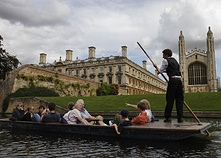

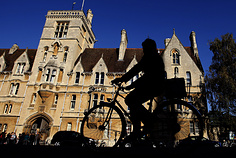

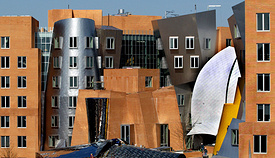

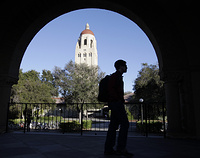

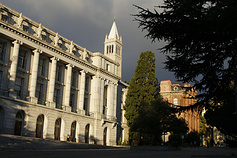

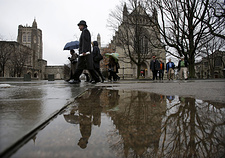

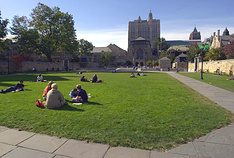

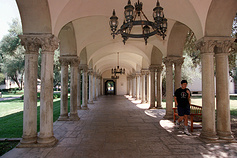

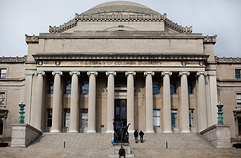

(($root.cfg.modules.slider.galleryTable_1823107.stepNow *12 +1)) - 10 of (($root.cfg.modules.slider.gallery_1823107.sliderLength-1))
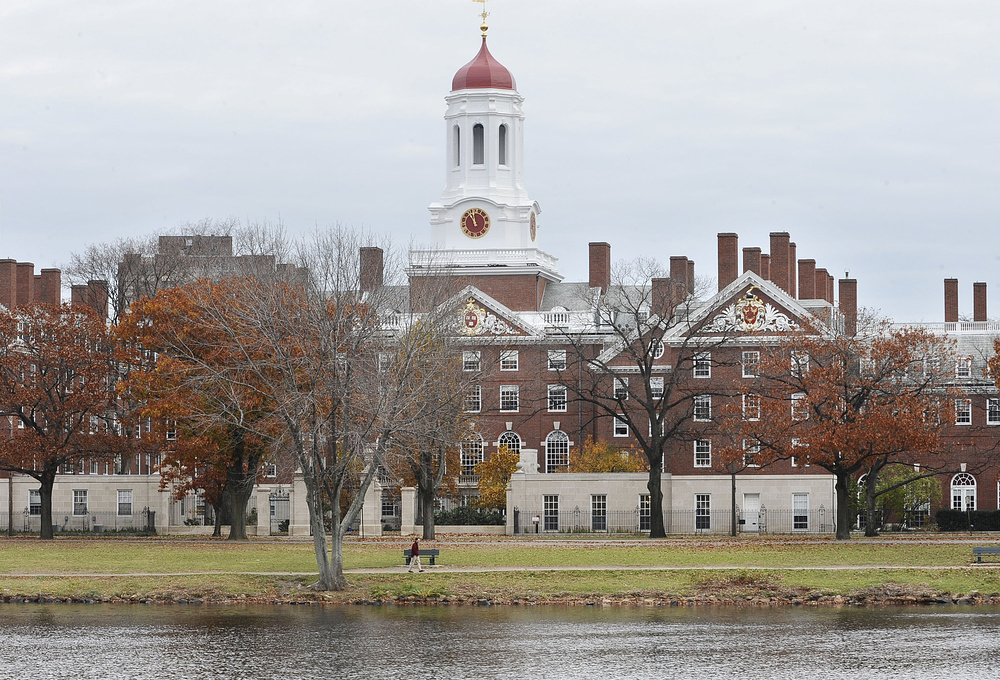
© AP Photo/Lisa Poole
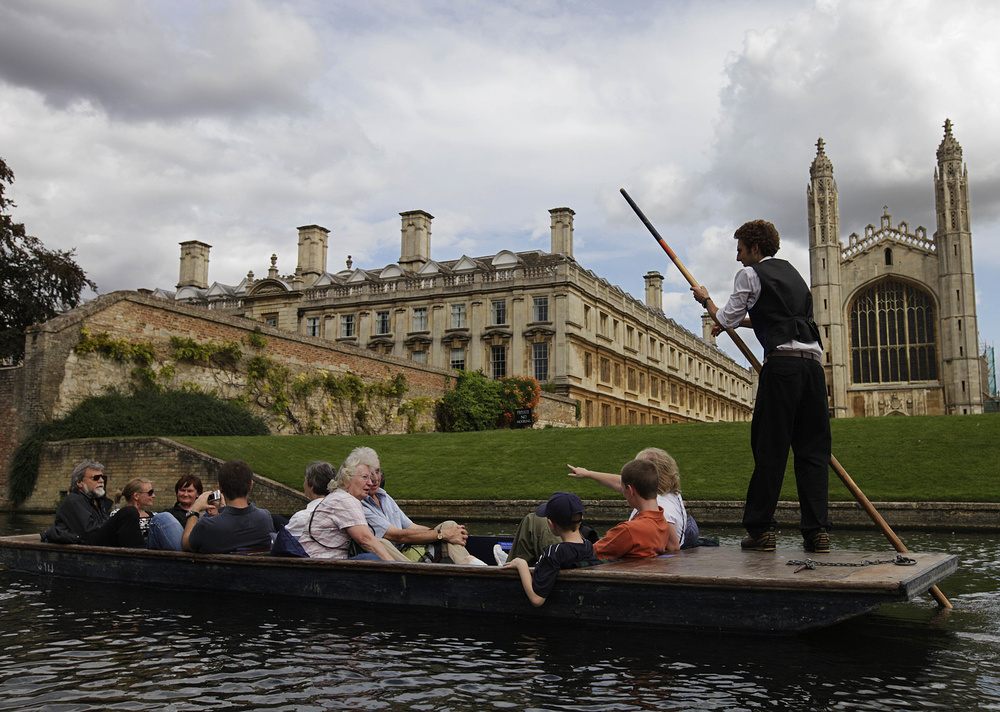
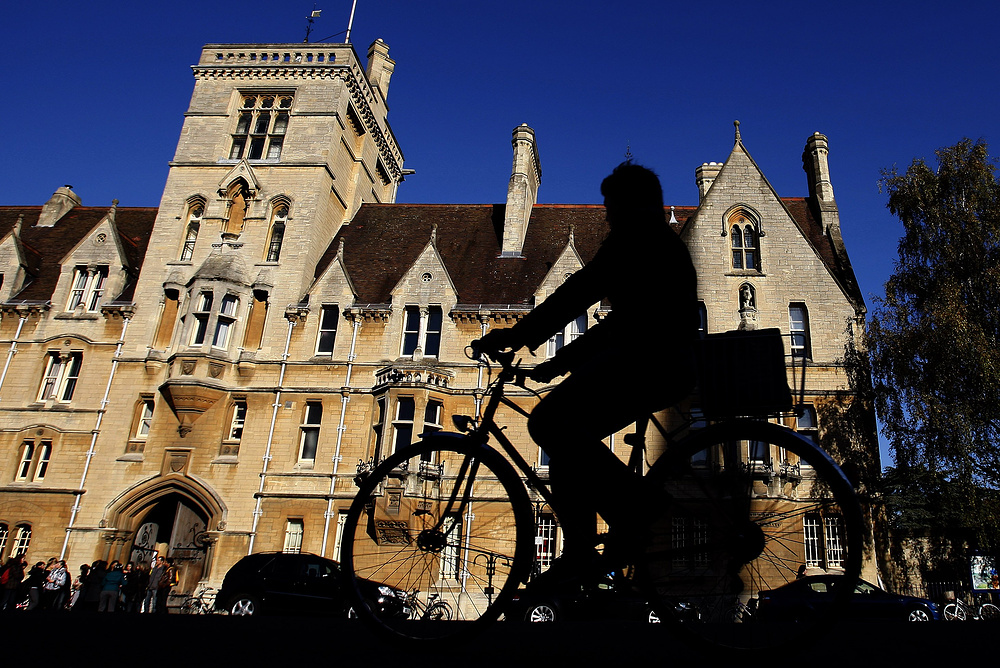
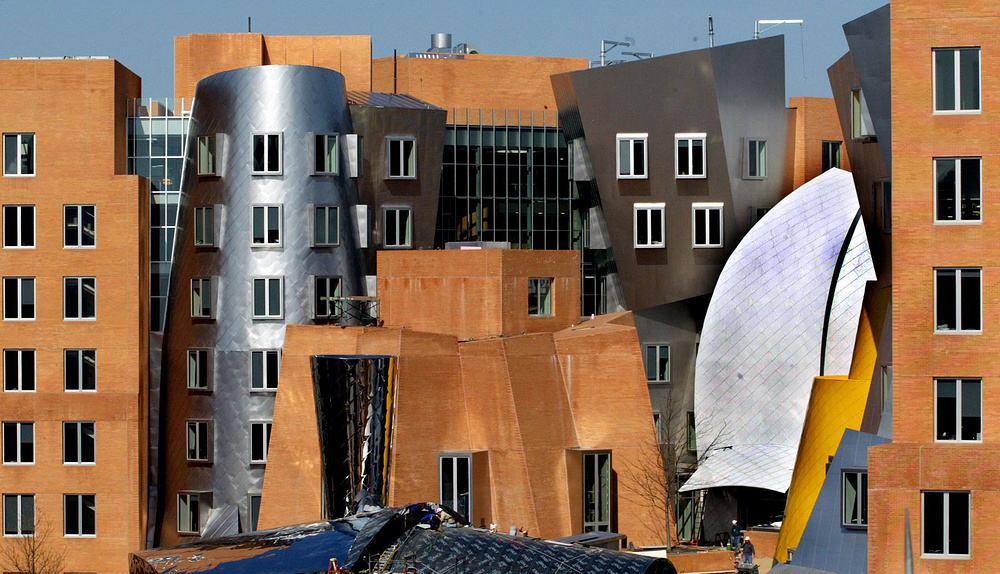
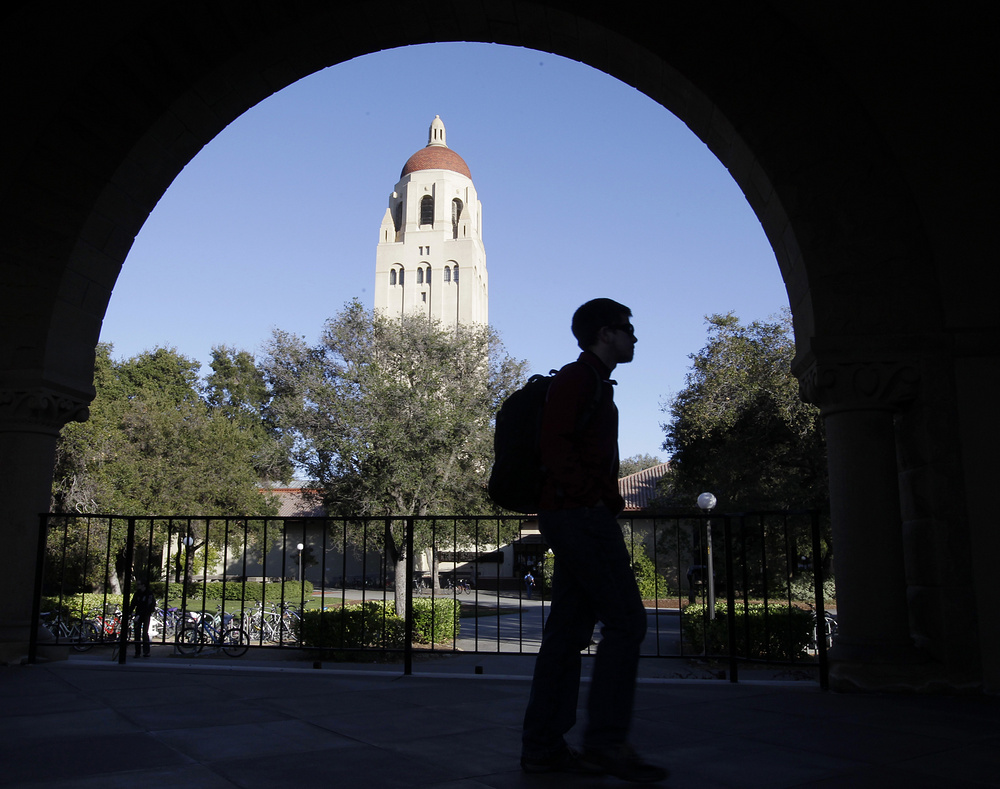
© AP Photo/Paul Sakuma
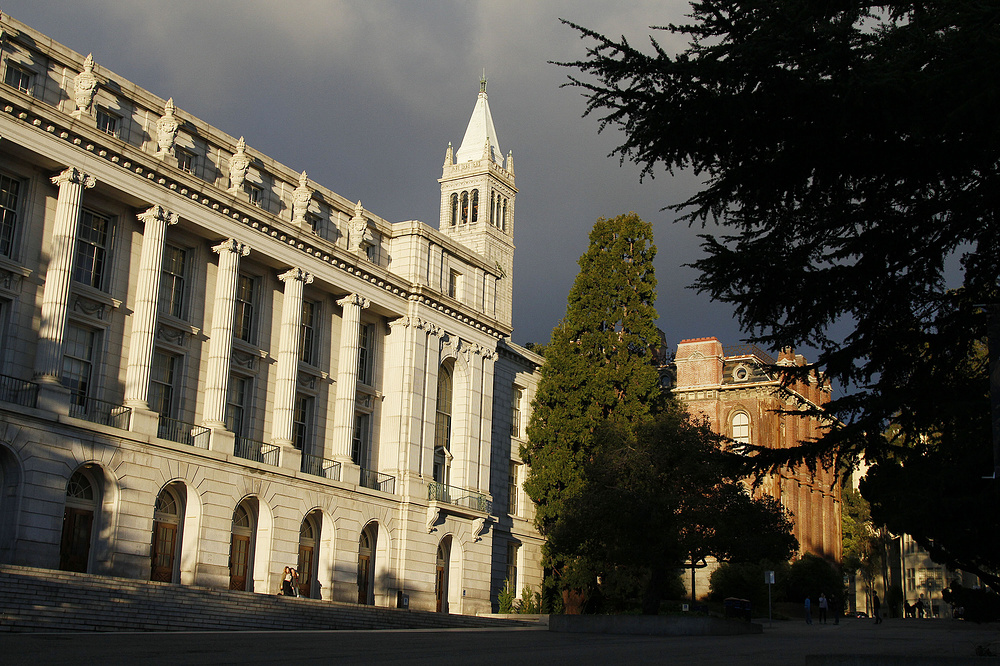
© AP Photo/Eric Risberg
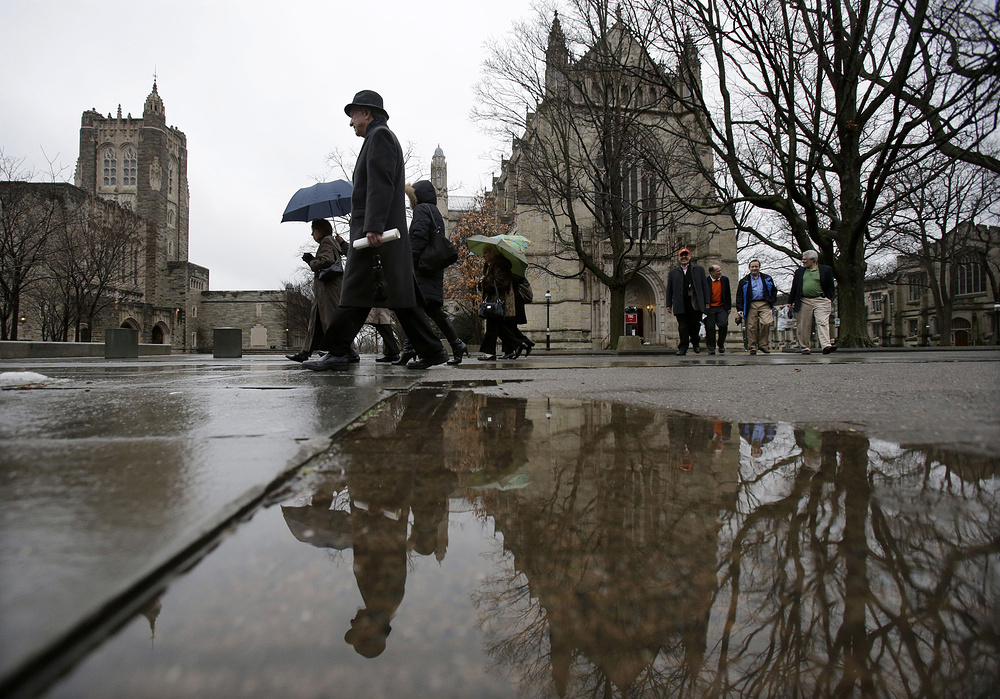
© AP Photo/Mel Evans
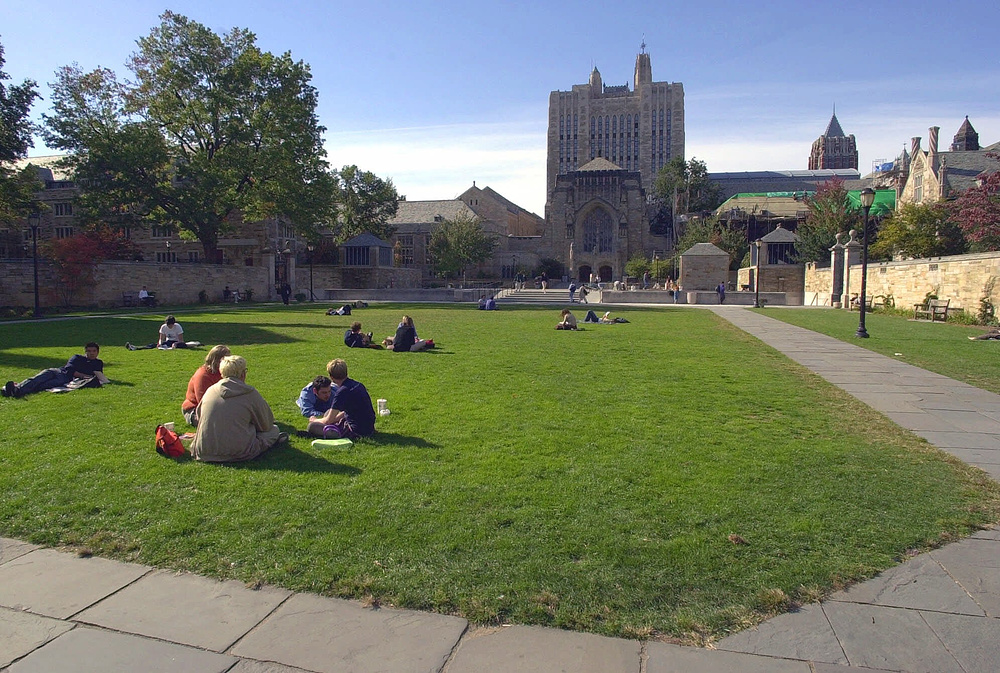
© AP Photo/Bob Child
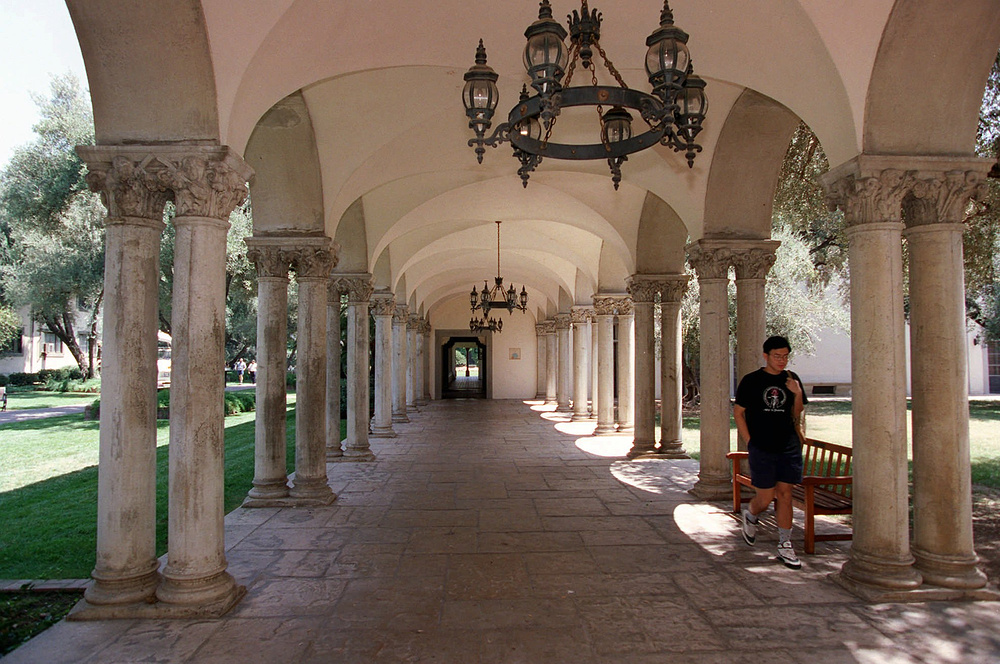
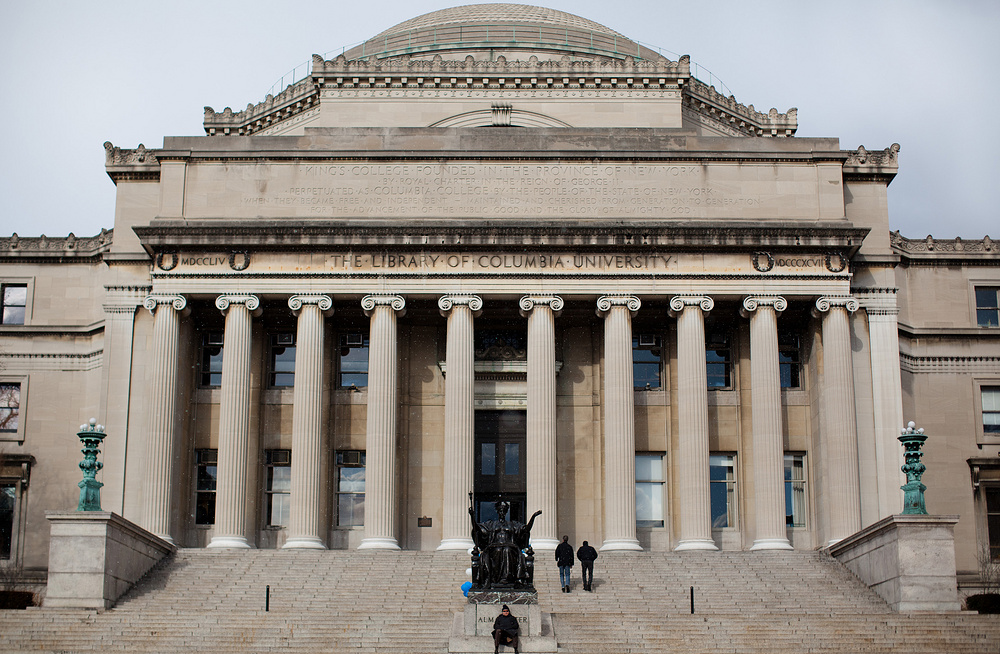
© AP Photo/John Minchillo
(($root.cfg.modules.slider["gallery_1823107"].sliderLength - 1))
Harvard University (Harvard University) The oldest of the US universities, founded on September 8, 1636 as a college. Since 1639 it has been named after J. Harvard, who bequeathed the capital to the college. Transformed into a university in the first quarter of the 19th century. It is a member of the Ivy League, an association of private elite American universities. Branches of the university are the Peabody Museum of Archeology and Ethnology and the Harvard Museum natural history. Located in Cambridge (a suburb of Boston, Massachusetts, the city is named after the University of Cambridge in the UK). Among the graduates of the university - 69 Nobel Prize winners
© AP Photo/Lisa Poole
© AP Photo/Lefteris Pitarakis
© AP Photo/Kirsty Wigglesworth
© AP Photo/ Bizuayehu Tesfaye
© AP Photo/Paul Sakuma
© AP Photo/Eric Risberg
Princeton University Private university located in Princeton, New Jersey (USA). Founded in 1746 as the College of New Jersey. In 1896 he received the status of a university. In 1902, Woodrow Wilson (President of the United States in 1913-1921) became its rector. It is a member of the Ivy League, an association of private elite American universities. Consists of Princeton College, graduate schools and research centers. The structure of the university includes the leading regional theater McCarter, Art Museum and a natural history museum. Among the graduates of the university - 15 Nobel Prize winners
© AP Photo/Mel Evans
Yale University One of the most famous private universities in the US, the third oldest among American universities. Founded in 1701 under the name Collegiate School, in 1718 renamed Yale College in honor of Elihu Yale, who donated a large amount of money to the school. In 1887 it was transformed into a university. The university consists of 12 schools, managed by Yale Corporation. Five US presidents graduated from the university - William Howard Taft, Gerald Ford, George W. Bush, Bill Clinton, George W. Bush. Located in New Haven, Connecticut. Included in the Ivy League. Among the graduates of the university - 20 Nobel Prize winners
© AP Photo/Bob Child
California Institute of Technology (often shortened to Caltech, "Caltech" or "Caltech"). Private university. Founded in 1891 by businessman and politician Amos Troop as Throop University. Renamed several times. It got its current name in 1920. It is located in Pasadena (California). One of the leading universities in the United States and, along with the Massachusetts Institute of Technology, one of the most important educational institutions specializing in the exact sciences. The structure of the institute includes the Jet Propulsion Laboratory, which launches most NASA robotic spacecraft. Among the graduates of the university - 19 Nobel Prize winners
© AP Photo/Damian Dovarganes
Columbia University (Columbia University) Formed on the basis of King's College (King's College), founded in 1754 in New York. Since 1758, he began to award academic degrees. In 1784, it was included in the University of New York and renamed Columbia College, since 1787 - a private university. In 1912 the college was given the status of a university. Governed by a board of trustees. There are more than 30 libraries at the university, including the main one - South Hall, technical, legal, medical, etc., as well as the Bakhmetevsky Archive, one of the largest repositories of materials of Russian emigration. Located in New York City, Manhattan. Included in the elite "Ivy League". A well-known graduate of the university is US President Barack Obama. Among the graduates of the university - 39 Nobel Prize winners
© AP Photo/John Minchillo
/TASS/. Of the 100 most prestigious universities in the Times Higher Education magazine ranking, based on a survey of 10,500 professors from 142 countries, 43 operate in the United States. Two Russian universities were included in the rating - Moscow State University named after Lomonosov (MSU) and St. Petersburg State University (SPbSU).
Ranking editor Phil Baty said that this ranking is subjective, unlike the "Best Universities in the World" ranking, which THE traditionally publishes in October. This is explained by the fact that it is based only on academic opinion, and not on objective indicators of the university's performance. At the same time, Beity emphasized that the reputation of universities is extremely important, because, according to a study conducted by the journal, this is the main factor for professors when they decide to find another university to teach.
TOP-100 most prestigious universities
1. Harvard University, USA
2. University of Cambridge, UK
3. Oxford University (University of Oxford), UK
4. Massachusetts Institute of Technology (MIT), USA
5. Stanford University, USA
6. University of California at Berkeley (University of California, Berkeley) USA
7. Princeton University (USA)
8. Yale University, USA
9. California Institute of Technology (Caltech), USA
10. Columbia University (Columbia University), USA
11. University of Chicago, USA
12. The University of Tokyo, Japan
13. University of California, Los Angeles, UCLA, USA
14. Imperial College London, UK
15. Swiss Federal Institute of Technology Zürich (ETH Zürich), Switzerland
16. University of Toronto, Canada
17. University College London (UCL), UK
18. Johns Hopkins University, USA
19. University of Michigan, USA
20. Cornell University, USA
21. New York University ( New York University, NYU, USA
22. London School of Economics and Political Science (LSE), UK
23. University of Pennsylvania, USA
24. National University of Singapore (NUS), Singapore
25. Lomonosov Moscow State University Lomonosov Moscow State University, Russia
26. Tsinghua University, China
27. Kyoto University, Japan
28. Carnegie Mellon University, USA
29. University of Edinburgh, UK
30. University of Illinois at Urbana-Champaign, USA
31. King's College London, UK
32. Peking University, China
33. University of Washington, USA
34. Duke University, USA
35-36. Ludwig Maximilian University of Munich, Germany
McGill University, Canada
37. University of British Columbia, Canada
38-40. Heidelberg University, Germany
University of California, San Francisco, USA
University of Wisconsin-Madison, USA
41-43. Humboldt University of Berlin, Germany
University of California, San Diego, USA
University of Melbourne, Australia
44. University of California, Davis, USA
45. Karolinska Institute, Sweden
46. University of Texas at Austin, USA
47. Northwestern University, USA
48. Federal Polytechnic School of Lausanne (École Polytechnique Fédérale de Lausanne), Switzerland
49. Georgia Institute of Technology (Georgia Tech), USA
50. University of Manchester, UK
51-60. Australian National University, Australia
Delft University of Technology, Netherlands
Free University of Berlin, Germany
Catholic University of Leuven (KU Leuven), Belgium
University Paris 1 Pantheon-Sorbonne (Panthéon-Sorbonne University - Paris 1), France
University of Paris 4 Sorbonne (Paris-Sorbonne University - Paris 4), France
Seoul National University, Republic of Korea
Hong Kong University (The University of Hong Kong), Hong Kong
University of Amsterdam, Netherlands
University of São Paulo, Brazil
University of Sydney, Australia
61-70. Higher Normal School (École Normale Supérieure), France
Leiden University, Netherlands
National Taiwan University, Taiwan
Pennsylvania State University, USA
Technical University of Munich, Germany
University of California, Santa Barbara, USA
University North Carolina(University of North Carolina), USA
University of Southern California, USA
Wageningen University and Research Center, Netherlands
71-80. Boston University, USA
Brown University, USA
Michigan State University, USA
National Autonomous University of Mexico, Mexico
Purdue University, USA
Rutgers University (Rutgers, The State University of New Jersey), USA
Saint Petersburg State University, Russia
University of Minnesota, USA
University of Pittsburgh, USA
Utrecht University, Netherlands
81-90. Durham University, UK
Ohio State University, USA
Texas A&M University, USA
University of Copenhagen, Denmark
University of Helsinki, Finland\
University of Queensland, Australia
University of Warwick, UK
Uppsala University, Sweden
Washington University in St. Louis, USA
91-100. Polytechnic School (École Polytechnique), France
London Business School, UK
") var videoBlock = $(".b-material-text__adv-video"); if ($(".js-mediator-article > p").length > 4)( videoBlock.append(""); videoBlock. append($seedInsert); ) ))(jQuery);


